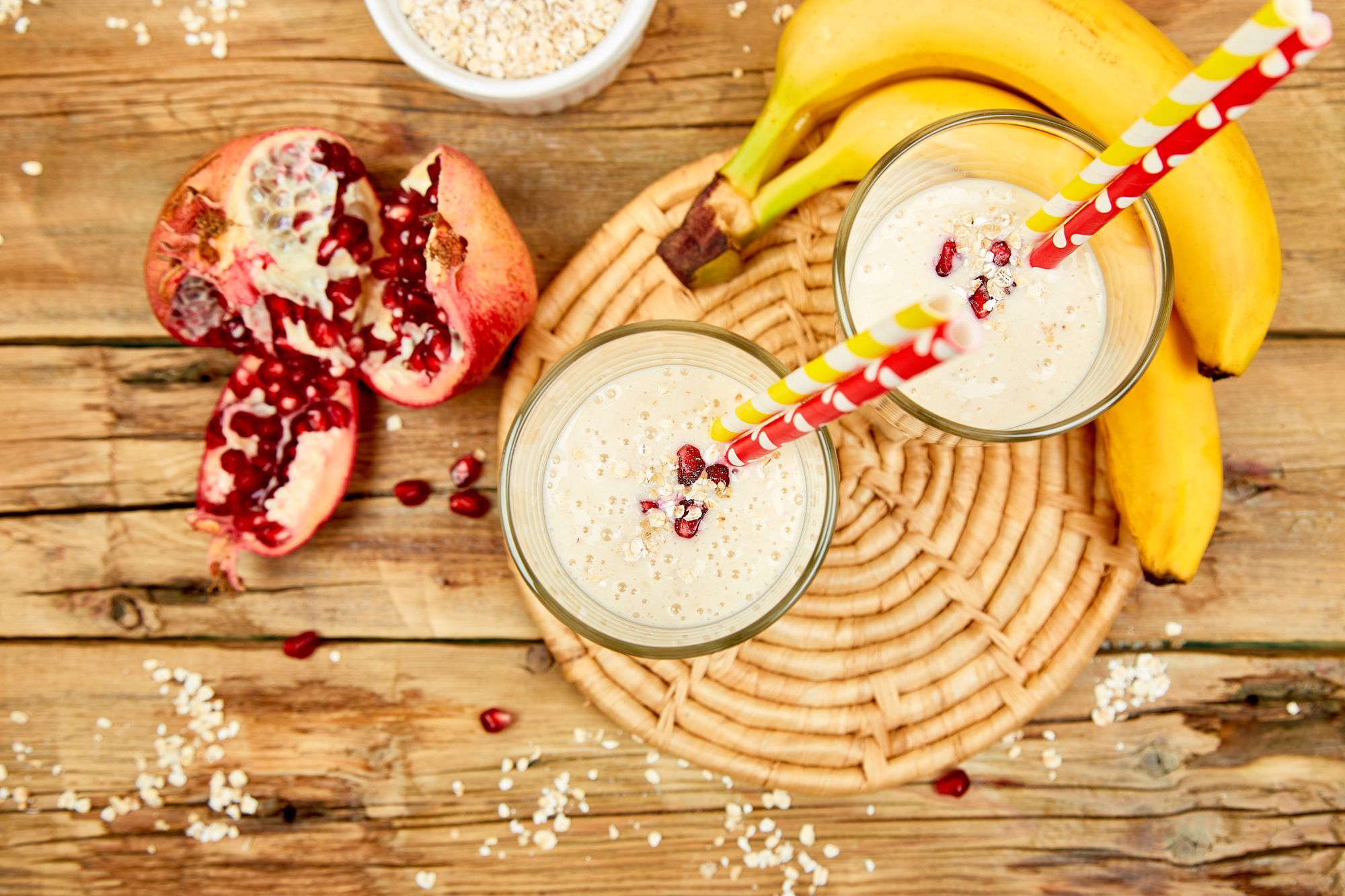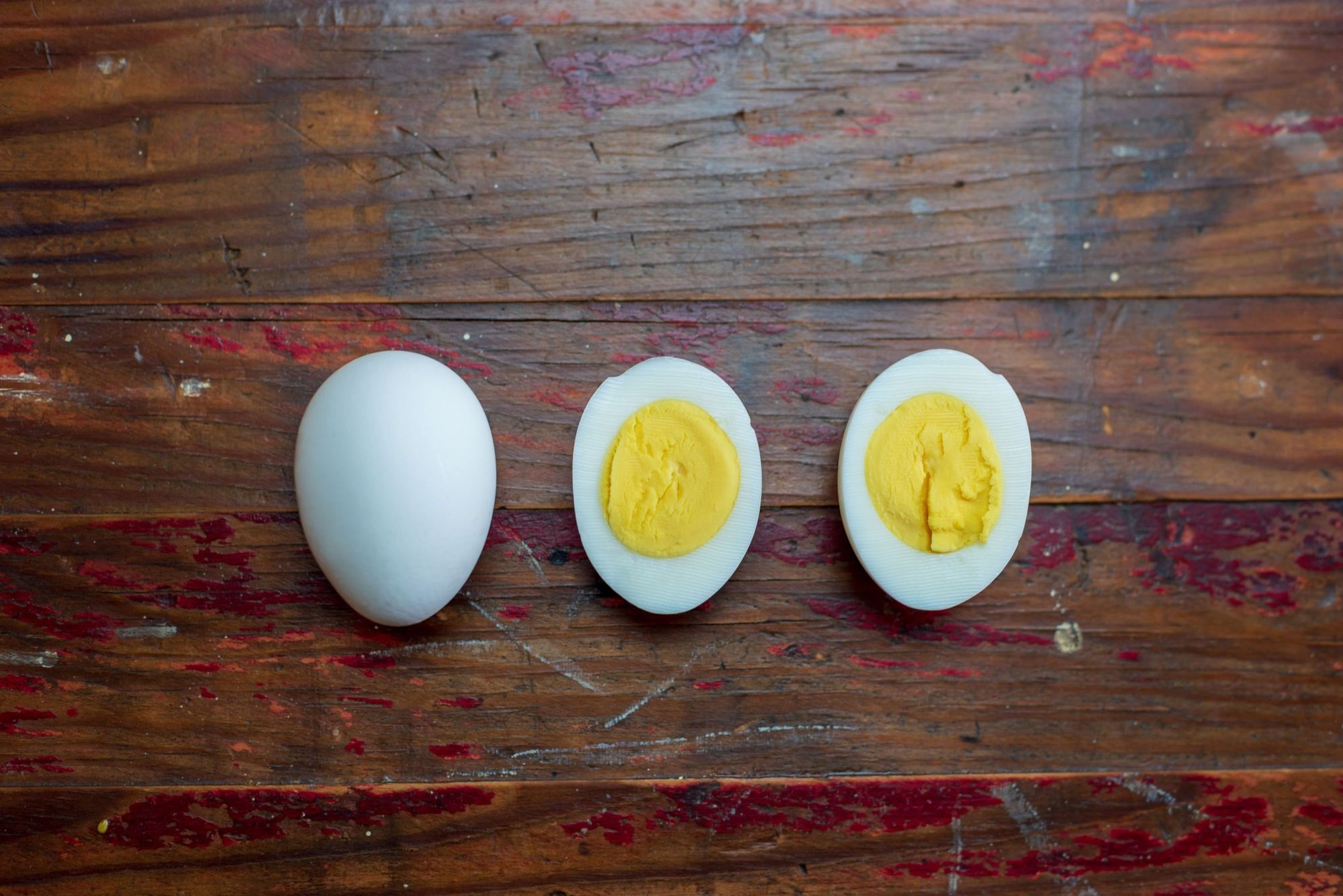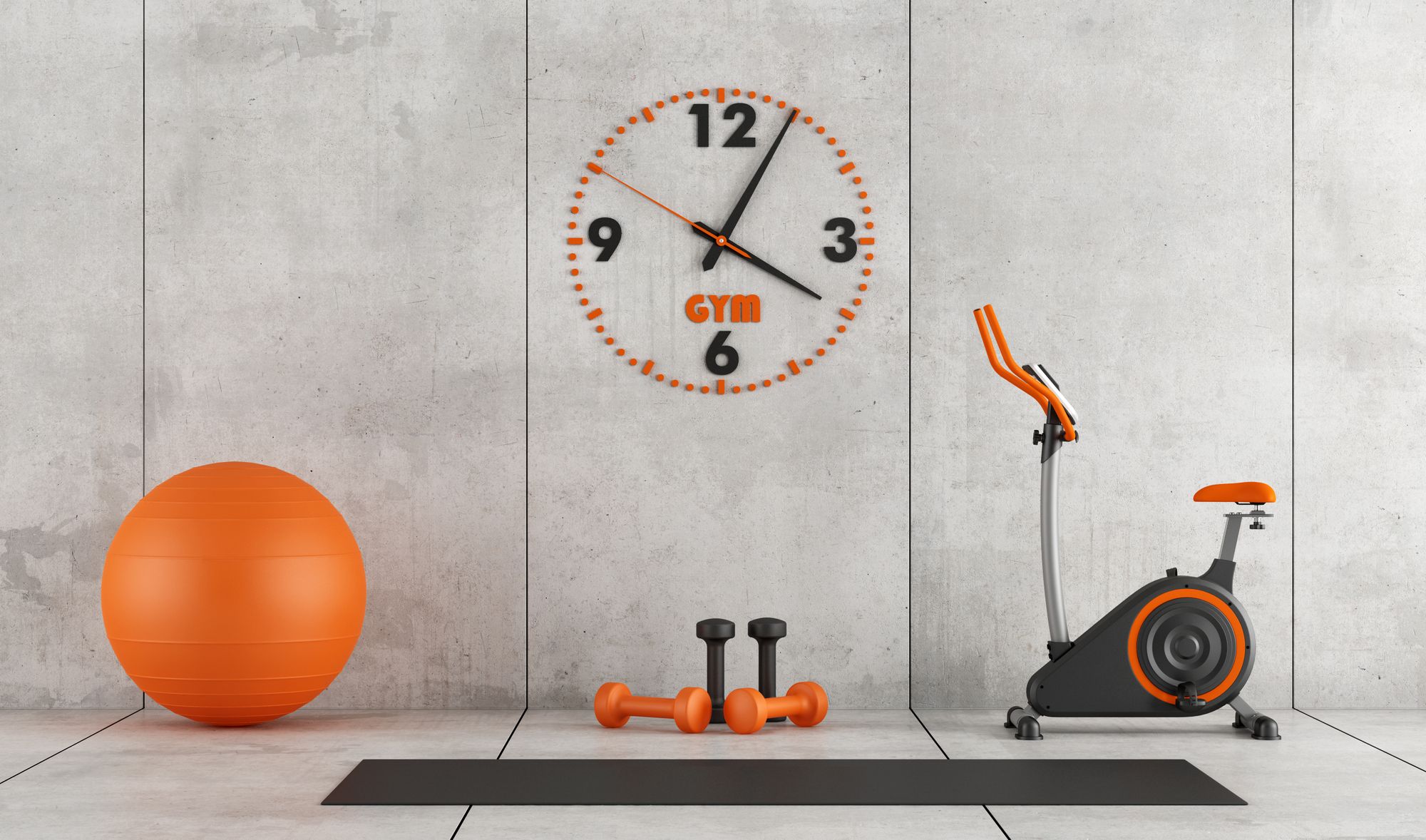Will Drinking a Protein Shake Before Bed Give You Larger Gains?
How can you distribute your protein consumption daily for better gains? Will drinking a protein shake right before bed help? Find answers here.

Protein is important for muscle growth (it provides your body with amino acids—the “building blocks” of muscle tissue). You know that.
And, in some sense, you also understand that dosage matters. Two individuals would experience wildly different muscle growth rates if the first were to consume only 0.8 grams of protein per kilogram of body weight while the second consumed 1.6 g/kg, for instance. That bit is clear to you.
But what about timing?
More specifically: how are you supposed to distribute your protein consumption throughout the day for more gains? Equally?
And if equally, then isn't consuming protein—possibly in the form of a protein shake—a "necessary" course of action right before bed? Get answers below.
The science of protein distribution
Now, let's get the optimal protein consumption frequency out of the way.
Without diving into the technicalities (e.g., post-protein transient increases in muscle protein synthesis rates), the current scientific literature suggests that the ideal frequency of protein consumption for supporting muscle growth is 3 to 6 daily.
So, assuming you get 8 hours of sleep nightly, your protein-containing meal frequency should look like this:
4 times daily: Every 4 hours
5 times daily: Every ~3 hours
6 times daily: Every ~2 hours
And here's the surprising bit: there's no clear and consistent advantage to being on that range's lower or higher end.
Meaning? If you hit your daily protein intake target, you’d see the same muscle growth with 6 protein-containing meals as if you’d only eaten 3 in a day.
Down protein before bed = more gains? Really?
Okay, increasing your protein consumption intake frequency beyond thrice daily won’t give you better results.
But what about delivering a protein dose to your body right before sleeping (i.e., leaving your last meal just before bed)? Wouldn't that provide a "buffet" of amino acids, enabling your body to use them to repair and rebuild muscles?
Well, that’s the exact conclusion of a 2015 study:
The researchers found that participants experienced significantly better gains in muscle size and strength over 12 weeks of resistance training with a casein-based protein shake (containing 27.5 grams of protein) before bed compared to a noncaloric placebo.
So. Case closed, right? Unfortunately, while supporters of pre-bed protein ingestion often cite this study, many fail to consider a detail.
The researchers compared:
2️⃣ Noncaloric placebo
They did NOT compare between:
2️⃣ Casein-based protein shake at another timing
This distinction makes all the difference.
The study assessed the impact of adding 1 extra daily protein feeding and bumping total daily protein intake from 1.3 g/kg/day to 1.9g/kg/day instead of directly assessing the importance of protein timing in proximity to bedtime.
Case: reopened
And … here comes the most critical question. Are there other studies examining whether protein consumption right before bed is superior to other timings? Thankfully, there are:
? 2018 study: Takes a similar approach as the above study. Here, researchers instructed participants to consume 35 grams of casein directly before sleeping or earlier in the day (at least 6 hours before bed). After 10 weeks, there were no statistically significant differences in terms of hypertrophy between groups.
So, is consuming protein before bed good?
Wait, what kind of question is that? Aren't the previous 2 studies clear enough? Honestly, though, there isn't a clear answer as to whether consuming protein before bed is "good" or "bad" for you. It depends on your circumstances.
If you’ve already got your bases covered:
- Choosing “high-quality” protein sources (more information here)
- Hitting your daily protein intake (anywhere between 1.6 to 2.2 g/kg)
- Spreading it out between 3 to 5 meals
Then you likely won’t need a pre-bed protein shot. Forcibly consuming more protein before sleep—beyond what you need—may even hurt your progress.
Note: every gram of protein still contains 4 calories, after all. Don't bust your calorie budget chasing invisible gains. Literally.
Check out this article on why more protein isn’t always necessarily better:

But if, on the other hand, you're someone who struggles to consume sufficient protein throughout the day, downing a protein shake right before bed is obviously beneficial.
At the very least, it’ll help bring you closer to your target daily protein intake.
How many protein shakes can you (safely) drink, though? Answers below:

Should I choose a “slower-digesting” protein type?
Here's a bonus tidbit: if you are supplementing your protein intake with protein shakes, don’t bother choosing “slower-digesting” ones like casein over “faster-digesting” proteins like whey.
Just be sure to cover your bases (i.e., going for “high-quality” proteins, ensuring adequate daily protein consumption, and evenly distributing intake), and you’re grand.
Still can’t get over how expensive protein is? Then this article will help:

Takeaway
Of course, you can't simply consume protein—then expect your muscles to grow by themselves. Instead, they'll need stimulus—that's where resistance training comes into play.
Just getting started with your fitness journey? Check out the following:




And if you're interested in optimizing your training routine for better gains, why not download GymStreak? Just input your training goals, ideal training frequency, and equipment availability, and this AI-powered personal trainer app will do the rest for you.
Workout Planning, Done For You
Periodization, progressive overload, recovery—you don't have to worry about any of it.
References
Antonio, J., Ellerbroek, A., Peacock, C., & Silver, T. (2017). Casein Protein Supplementation in Trained Men and Women: Morning versus Evening. International Journal of Exercise Science, 10(3), 479–486.
Jm, J., Rm, V., K, S. B., U, K., Ny, K., Jm, D., Rec, W., & Nm, D. (2018). Daytime and nighttime casein supplements similarly increase muscle size and strength in response to resistance training earlier in the day: A preliminary investigation. Journal of the International Society of Sports Nutrition, 15(1). https://doi.org/10.1186/s12970-018-0228-9
M, T., A, H., H, M., S, T., & T, S. (2021). Increasing Meal Frequency in Isoenergetic Conditions Does Not Affect Body Composition Change and Appetite During Weight Gain in Japanese Athletes. International Journal of Sport Nutrition and Exercise Metabolism, 31(2). https://doi.org/10.1123/ijsnem.2020-0139
Snijders, T., Res, P. T., Smeets, J. S. J., van Vliet, S., van Kranenburg, J., Maase, K., Kies, A. K., Verdijk, L. B., & van Loon, L. J. C. (2015). Protein Ingestion before Sleep Increases Muscle Mass and Strength Gains during Prolonged Resistance-Type Exercise Training in Healthy Young Men. The Journal of Nutrition, 145(6), 1178–1184. https://doi.org/10.3945/jn.114.208371
Witard, O. C., Wardle, S. L., Macnaughton, L. S., Hodgson, A. B., & Tipton, K. D. (2016). Protein Considerations for Optimising Skeletal Muscle Mass in Healthy Young and Older Adults. Nutrients, 8(4), 181. https://doi.org/10.3390/nu8040181


